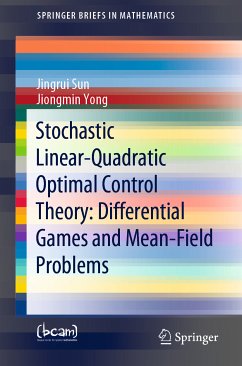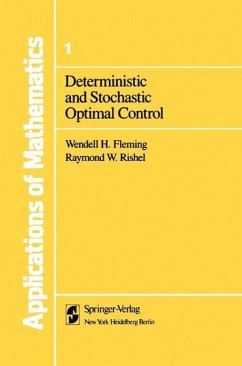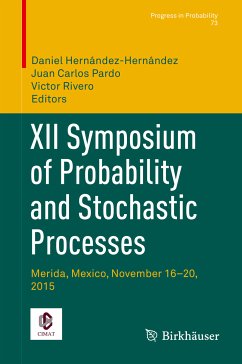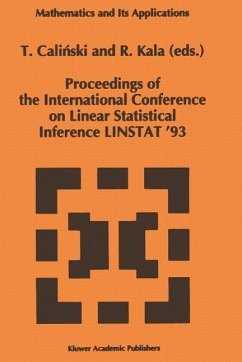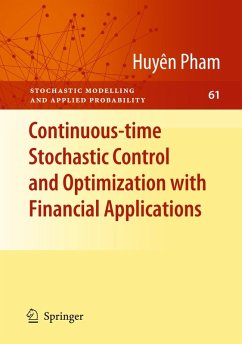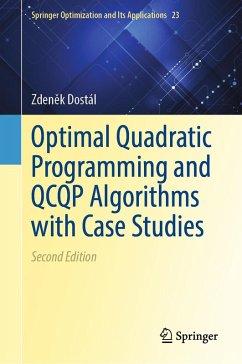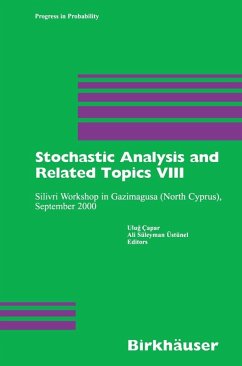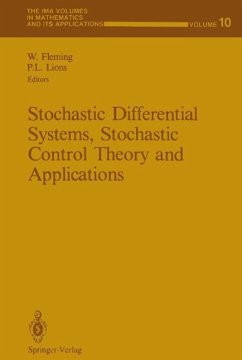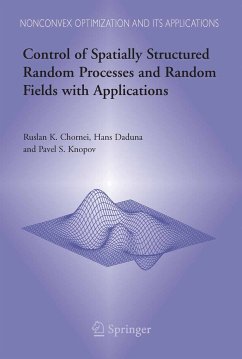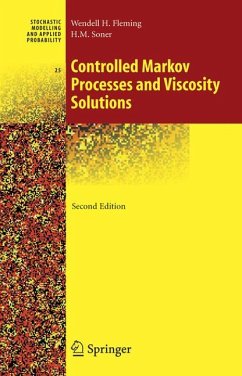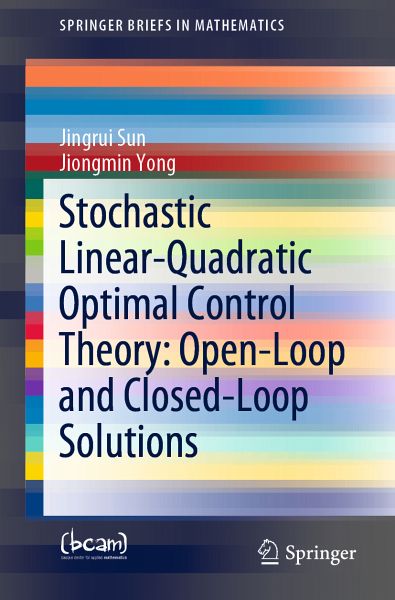
Stochastic Linear-Quadratic Optimal Control Theory: Open-Loop and Closed-Loop Solutions (eBook, PDF)
Versandkostenfrei!
Sofort per Download lieferbar
52,95 €
inkl. MwSt.
Weitere Ausgaben:

PAYBACK Punkte
26 °P sammeln!
This book gathers the most essential results, including recent ones, on linear-quadratic optimal control problems, which represent an important aspect of stochastic control. It presents the results in the context of finite and infinite horizon problems, and discusses a number of new and interesting issues. Further, it precisely identifies, for the first time, the interconnections between three well-known, relevant issues - the existence of optimal controls, solvability of the optimality system, and solvability of the associated Riccati equation. Although the content is largely self-contained, ...
This book gathers the most essential results, including recent ones, on linear-quadratic optimal control problems, which represent an important aspect of stochastic control. It presents the results in the context of finite and infinite horizon problems, and discusses a number of new and interesting issues. Further, it precisely identifies, for the first time, the interconnections between three well-known, relevant issues - the existence of optimal controls, solvability of the optimality system, and solvability of the associated Riccati equation. Although the content is largely self-contained, readers should have a basic grasp of linear algebra, functional analysis and stochastic ordinary differential equations. The book is mainly intended for senior undergraduate and graduate students majoring in applied mathematics who are interested in stochastic control theory. However, it will also appeal to researchers in other related areas, such as engineering, management, finance/economics and the social sciences.
Dieser Download kann aus rechtlichen Gründen nur mit Rechnungsadresse in A, B, BG, CY, CZ, D, DK, EW, E, FIN, F, GR, HR, H, IRL, I, LT, L, LR, M, NL, PL, P, R, S, SLO, SK ausgeliefert werden.



